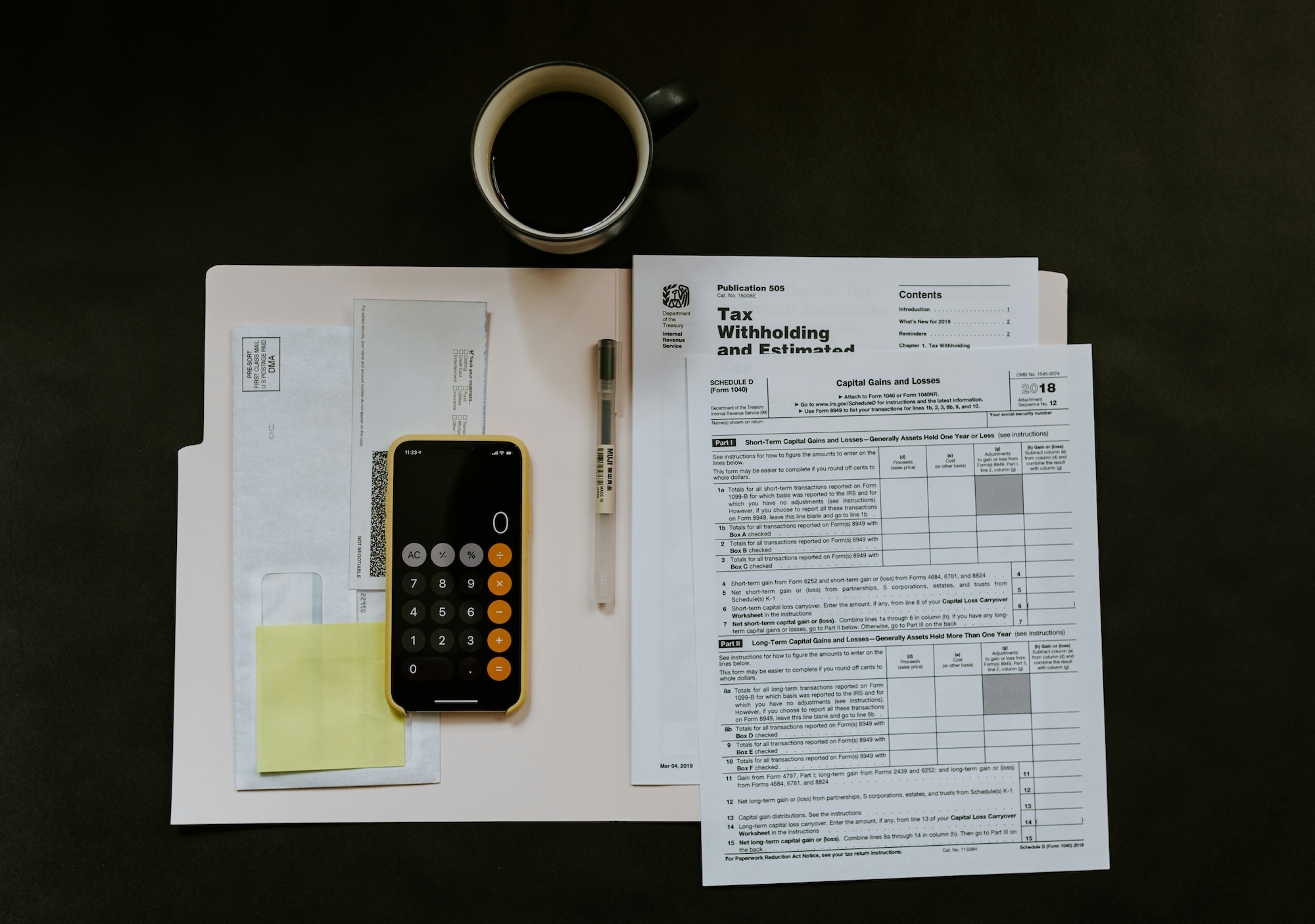Key Takeaways
- Serious food poisoning cases can lead to lasting illness and qualify for legal compensation.
- Preserving evidence, documenting damages, and acting quickly are key to a successful claim.
- Experienced attorneys like Huffman & Huffman can help victims recover medical costs and lost wages.
Food poisoning is a common illness that most people experience at least once in their lives. It is typically caused by a bacterial or viral infection by Salmonella or E. coli, often due to unhygienic food practices, contaminated ingredients or cooking utensils, or expired leftovers. The symptoms generally include mild to severe discomfort in the abdominal area, vomiting, and gastrointestinal distress, but most cases resolve in a few days or a week at most.
Unfortunately, in rare situations, food poisoning can be much more serious, leading to hospitalization and potentially even long-term, life-altering illness, disability, or death. Only these cases may be eligible for a food poisoning lawsuit.
A lawsuit can enable a victim or their family to pursue compensation for the damages they have suffered; however, these cases are challenging to prove, and it’s essential to act quickly. Taking the steps below can help you protect your right to fair compensation.
1. Preserve Evidence of the Incident
The first step in pursuing a food poisoning claim is to preserve any evidence related to the contaminated product. If the suspected contaminated food came prepackaged, keep the packaging. If you believe you got sick from a restaurant and you still have leftovers, don’t throw them out. Instead, freeze them in an air-tight container labeled with the date. If you’re able to do so, it’s also a good idea to take pictures of the inside of the restaurant itself, noting any unhygienic conditions, improperly stored ingredients, or even online reviews that discuss foodborne illness. The same goes for if the contaminated food came from a grocery store; take pictures of the store and note anything that looks unsanitary.
In any case, write down what you ate, when you ate it, when symptoms began, and any other helpful details, such as the names or descriptions of employees who were working the day you ate the suspected food. Remember that as time passes, it can be hard to remember these details later on, and if this happens, it can be more difficult to prove your case.
2. Notify the Establishment Where the Food Originated
Whenever a case of food poisoning is serious enough to require hospitalization, it’s important to report it to the establishment as soon as possible. This not only prevents more patrons from getting sick, but it also typically results in documented evidence that may detail the timeline and causes of your food poisoning.
When you report the case of food poisoning, the establishment will typically file an incident report that records when the suspected contamination took place, who was working when it occurred, and other potential contributing factors. Ideally, you’ll want to have all communication from the business in writing, such as via email or social media messaging platforms.
If you did not report in writing, you should still keep a written record of who you spoke to, what was said, and when the conversation occurred. Additionally, refuse to sign or accept anything until you’ve spoken with a food poisoning lawyer. Many restaurants or grocery stores may try to offer refunds or gift cards in exchange for releasing them from liability; however, once you do this, you may lose the right to compensation later on.
3. Document Your Damages
For a food poisoning lawsuit to be successful, you must show that the illness caused significant, measurable harm. Start by gathering all records from your hospital admission, including discharge summaries, test results, prescriptions, and follow-up notes. Be sure to document any complications or long-term health issues that resulted from the illness, as these are critical for demonstrating the severity of your case.
In addition to hospital records, collect any other documentation showing how your illness affected your life. Examples include:
- Medical bills from your hospital stay and follow-up care
- Receipts for medications or medical supplies
- Invoices for specialist visits or lab tests
- Records of ongoing treatment for complications caused by the foodborne illness
- Documentation of missed work, lost wages, or reduced income
- Communications with your employer about time off or accommodations
- Any notes on the impact of the illness on daily activities or quality of life
Having a comprehensive, organized set of documents will make it easier for your attorney to prove the severity of your illness and the damages you suffered.
4. Hire an Attorney
Food poisoning cases are complex and require careful handling to ensure you receive fair compensation. A skilled food poisoning attorney can investigate the incident thoroughly, gather critical evidence, and interview restaurant or food production staff.
Attorneys also handle negotiations with insurance companies or the establishment, helping to secure a settlement that reflects the full impact of your illness, including medical expenses, lost wages, and long-term complications.
If You Were Hospitalized Because of a Foodborne Illness, Talk To Huffman & Huffman
Because food poisoning is a fairly common condition, many people underestimate how easily it can change a person’s life. Huffman & Huffman Brothers-in-Law have represented injured Virginians for over 50 years. In that time, we’ve seen victims struggle through a wide range of long-term, painful, and debilitating issues that have left them with hundreds of thousands of dollars in debt, chronic pain, and the inability to provide for or care for themselves. If this describes your condition, it’s important to act quickly to ensure you remain eligible for compensation. Contact our firm for a free consultation.





